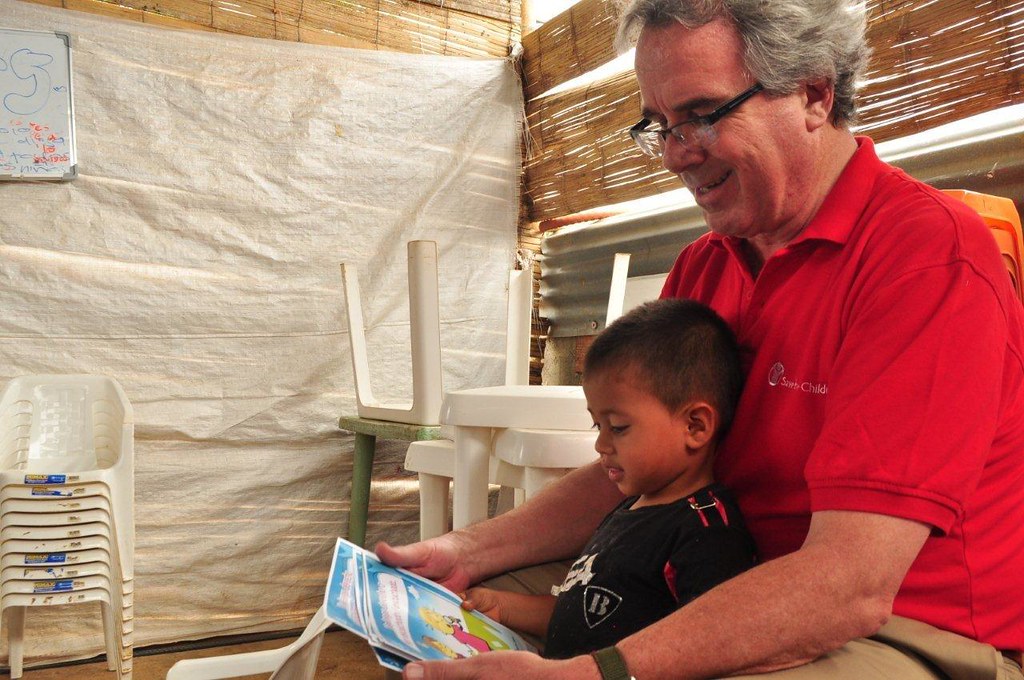The internet’s use continuously grows, raising concerns about minors’ safety and well-being online. Children and teenagers are particularly vulnerable to the risks of the internet, including exposure to inappropriate content, cyberbullying, and online predators. To protect minors online, it is essential for parents, educators, and internet service providers to take steps to for Moderating content that is available to them and to educate minors about internet safety.
Parental controls and filtering tools
One of the primary ways to protect minors online is by using parental controls and other filtering tools. One of the best content moderation platforms is Trust and Safety, which has tools for parents and caregivers to ensure their children’s online safety. These tools allow parents to block inappropriate content and limit their children’s time online. Some internet service providers offer these tools as part of their service, while others can be purchased separately. It is crucial for parents to regularly review and update these settings to ensure that they are effective in protecting their children.
Internet Education
In addition to using filtering tools, parents need to educate their children about internet safety. This includes teaching them about the potential risks of sharing personal information online, such as their name, address, and phone number. Children should also be introduced to being mindful of what they post online, as online content can have long-lasting consequences. For example, a thoughtless comment or joke made online can easily be misconstrued or taken out of context, leading to hurt feelings or even bullying.
Online safe behavior
Another way to protect minors online is by encouraging safe online behavior. This includes using strong, unique passwords for online accounts and not sharing them with anyone. It is also essential for minors to be wary of online predators and to not accept friend requests from strangers or engage in conversations with them. Educators and parents can also encourage children to report any inappropriate or suspicious activity they see online to a trusted adult or the platform’s administrators.
Content moderation
In addition to taking steps to protect minors, internet service providers and social media platforms need to have policies in place for graphic moderation and ensure that it is appropriate for all users. This can include using algorithms to automatically flag and remove inappropriate content and having human moderators review content to ensure that it meets the platform’s guidelines. Internet service providers and social media platforms should also have procedures for handling reports of inappropriate or illegal content and cooperating with law enforcement in criminal activity cases.
Risks and preventing them
Some of the common risks for minors while using the internet and the strategies for protecting them include;
Inappropriate content: Children may be exposed to inappropriate or harmful content online, such as violent or graphic images, and hate speech. To prevent this, parents can use parental controls and filtering tools to block inappropriate content. They can also educate their children about internet safety and encourage them to be mindful of the websites and apps they use.
Cyberbullying: Children may be the target of cyberbullying, which involves using technology to harass, threaten, or intimidate others. To prevent this, parents can teach their children about the dangers of cyberbullying and encourage them to be respectful and mindful of others online. They can also monitor their children’s online activity and encourage them to report cyberbullying to a trusted adult or the platform’s administrators.
Online predators: Children may be targeted by predators who seek to exploit them for different purposes. To prevent this, parents can teach their children to be wary of strangers online and not to accept friend requests or engage in conversations with them. They can also enable privacy settings on their children’s social media accounts to control who can see their posts and personal information.
Identity theft: Children may risk having their personal information stolen online, which can be used for theft or other fraudulent purposes. To prevent this, parents can teach their children to be careful about the personal information they share online and to use strong, unique passwords for their online accounts.
Fraud: Children may be targeted by online scams or other forms of fraud, such as phishing attacks or fake contests or prizes. To prevent this, parents can teach their children to be skeptical of online offers and not to click on links or download attachments from unknown sources.
Physical harm: In some cases, children may be at risk of physical damage due to online activity, such as meeting up with strangers they have met online or engaging in risky behaviors. To prevent this, parents can teach their children to be careful about the personal information they share online and not meet up with strangers they have met online. They should also monitor their children’s online activity and encourage open lines of communication. In conclusion, protecting minors online is a collective responsibility that involves the efforts of parents, educators, internet service providers, and social media platforms. There exists a difference between moderation and censorship which is why content moderation isn’t censorship, and parents should understand the difference to ensure the safety of their children. By using filtering tools, educating minors about internet safety, encouraging safe online behavior, and moderating content, we can help ensure that the internet is safe and enjoyable for all users, particularly minors.
Apart from that, if you are interested to know about A Beginner’s Guide to Music Marketing: How to Launch Your First Campaign then visit our Digital Marketing category.



